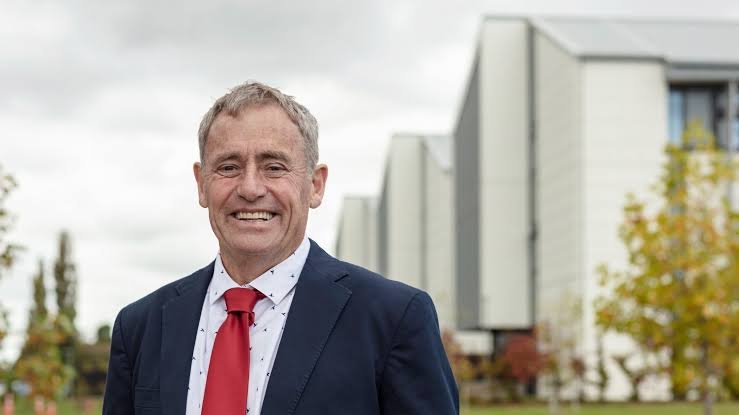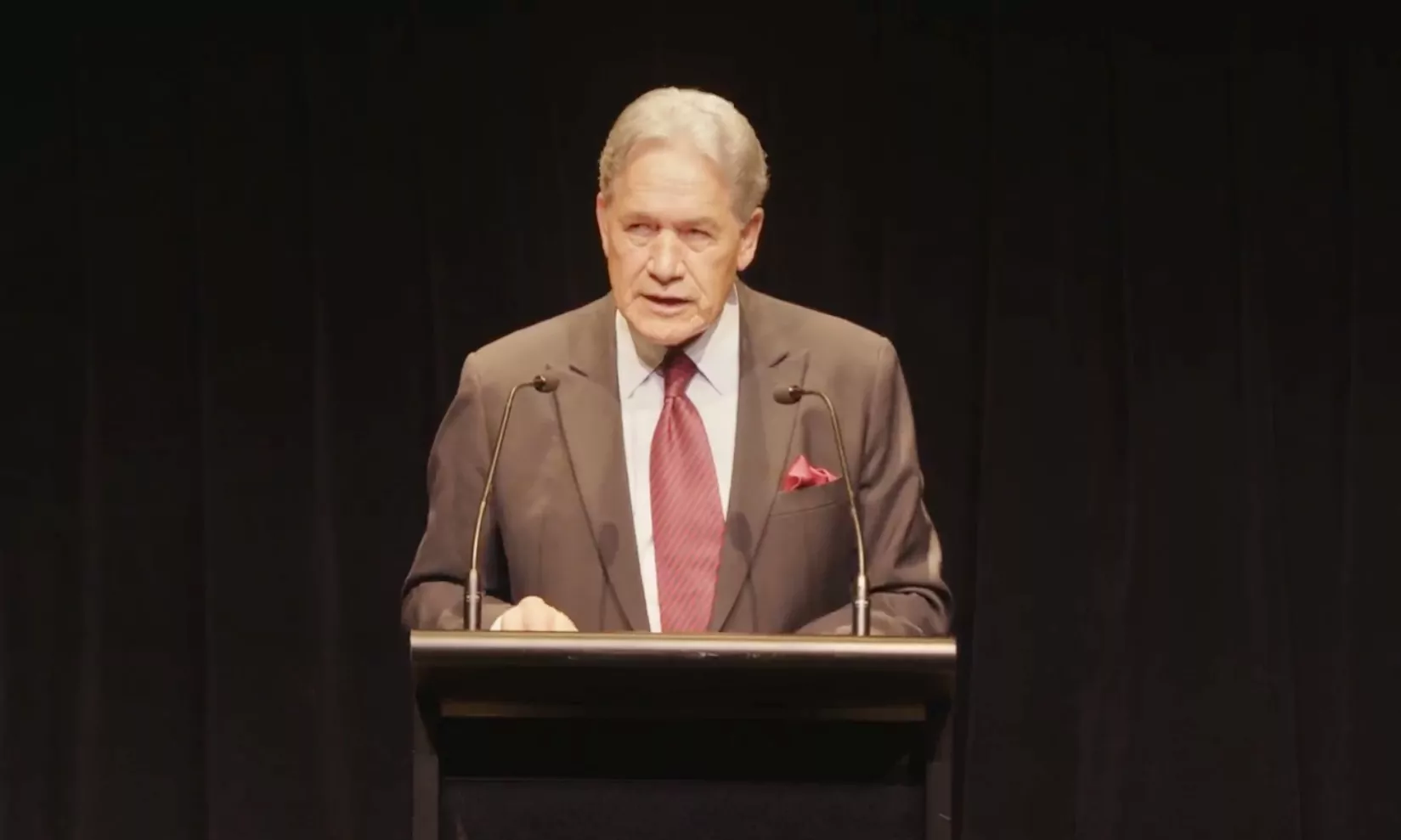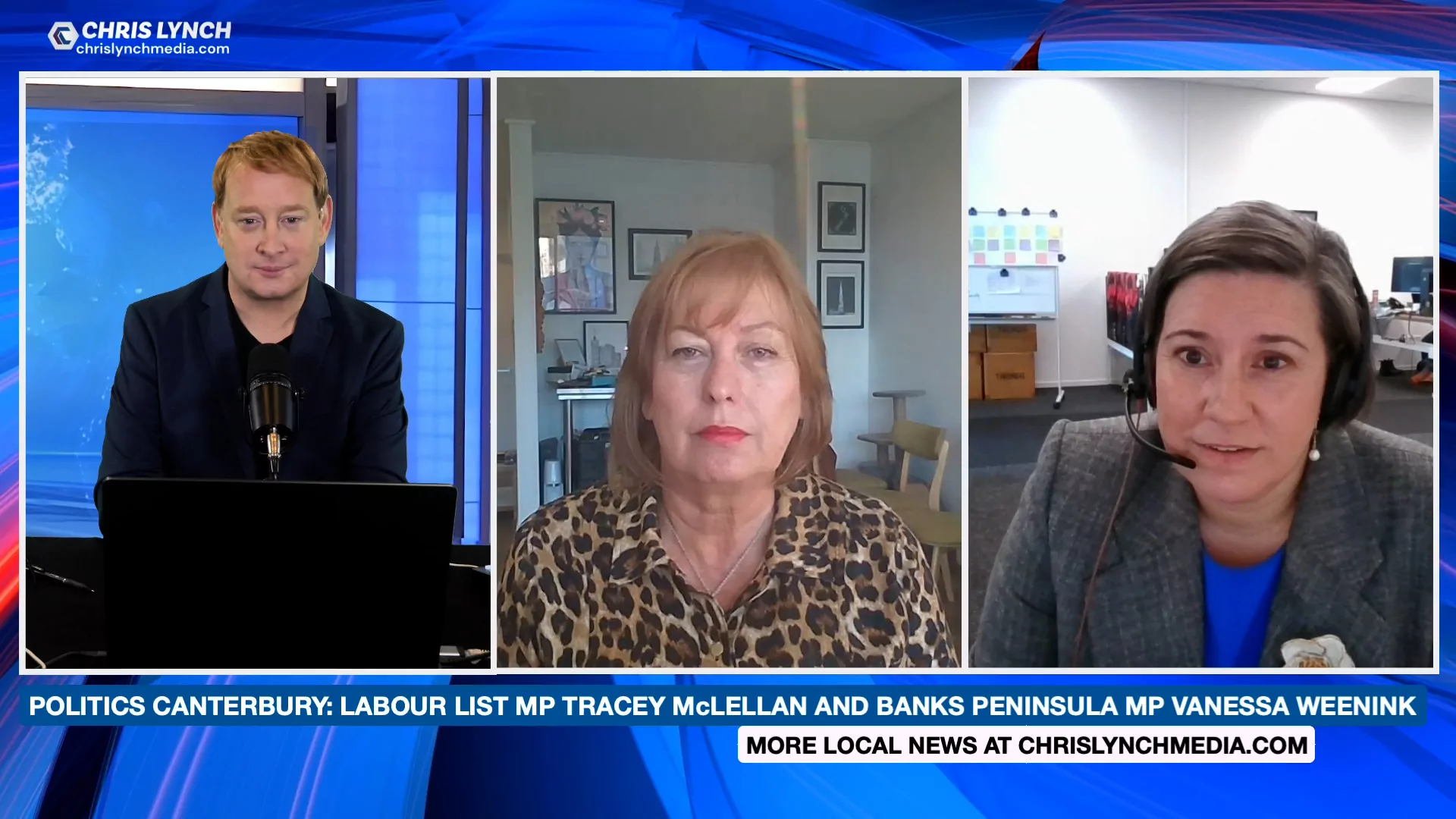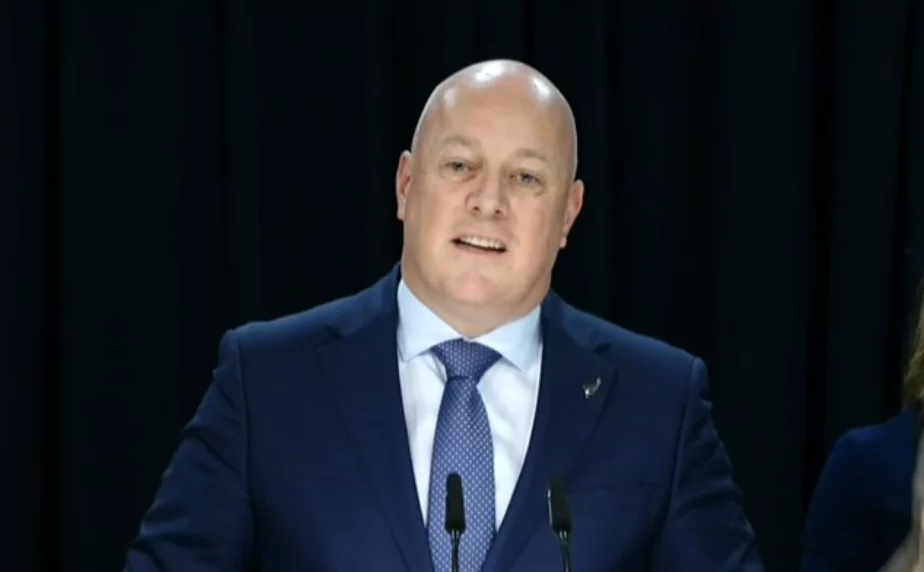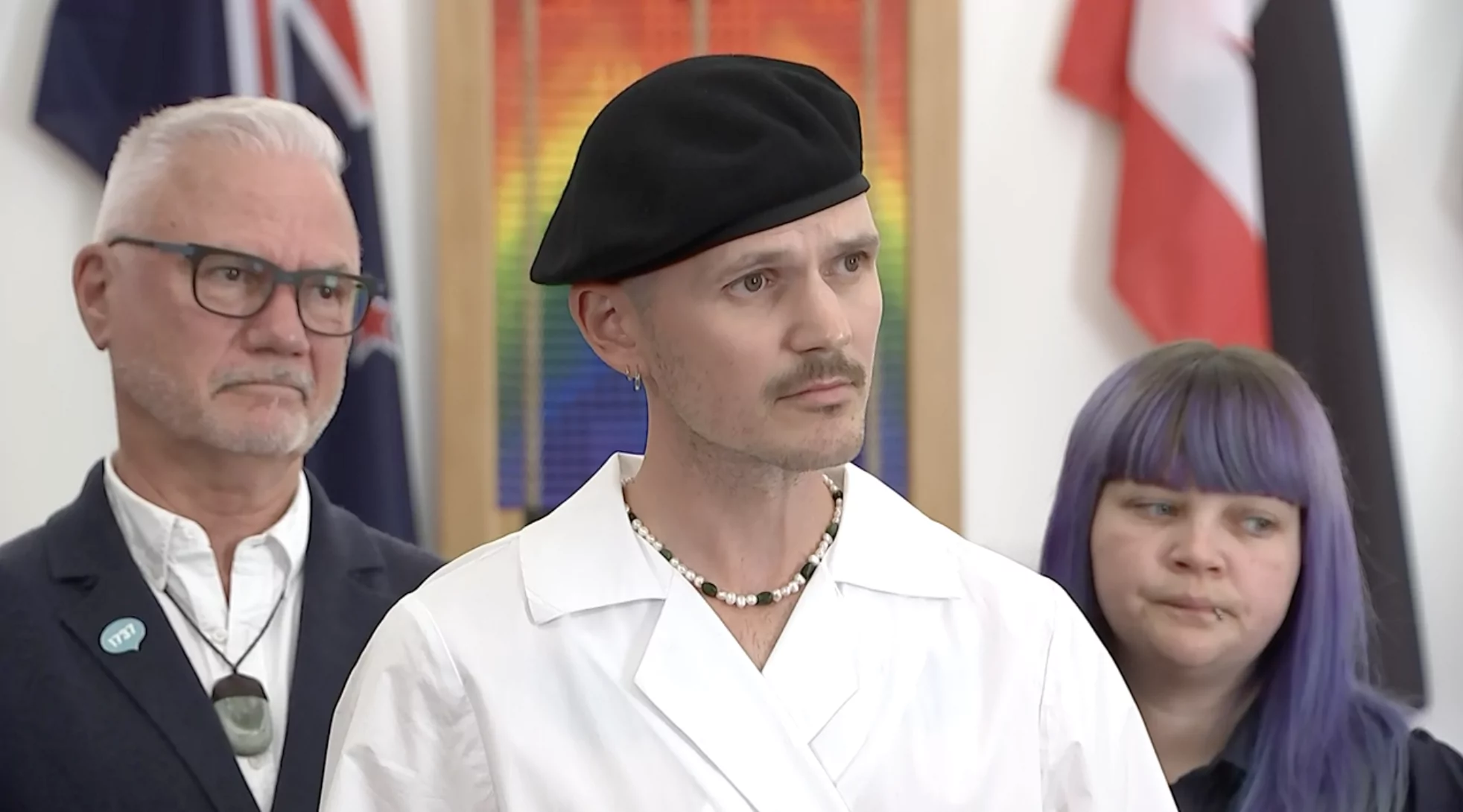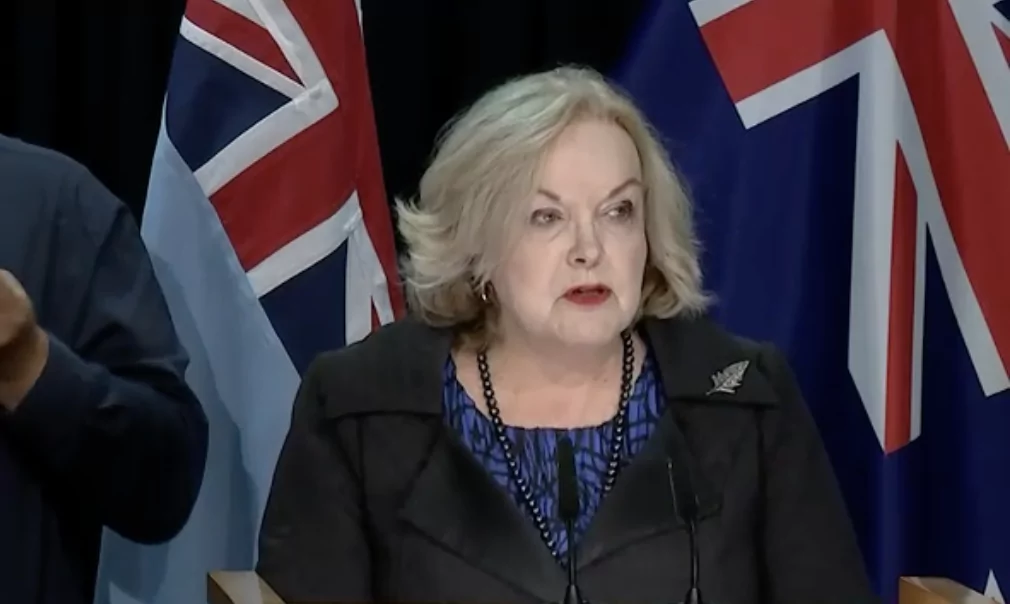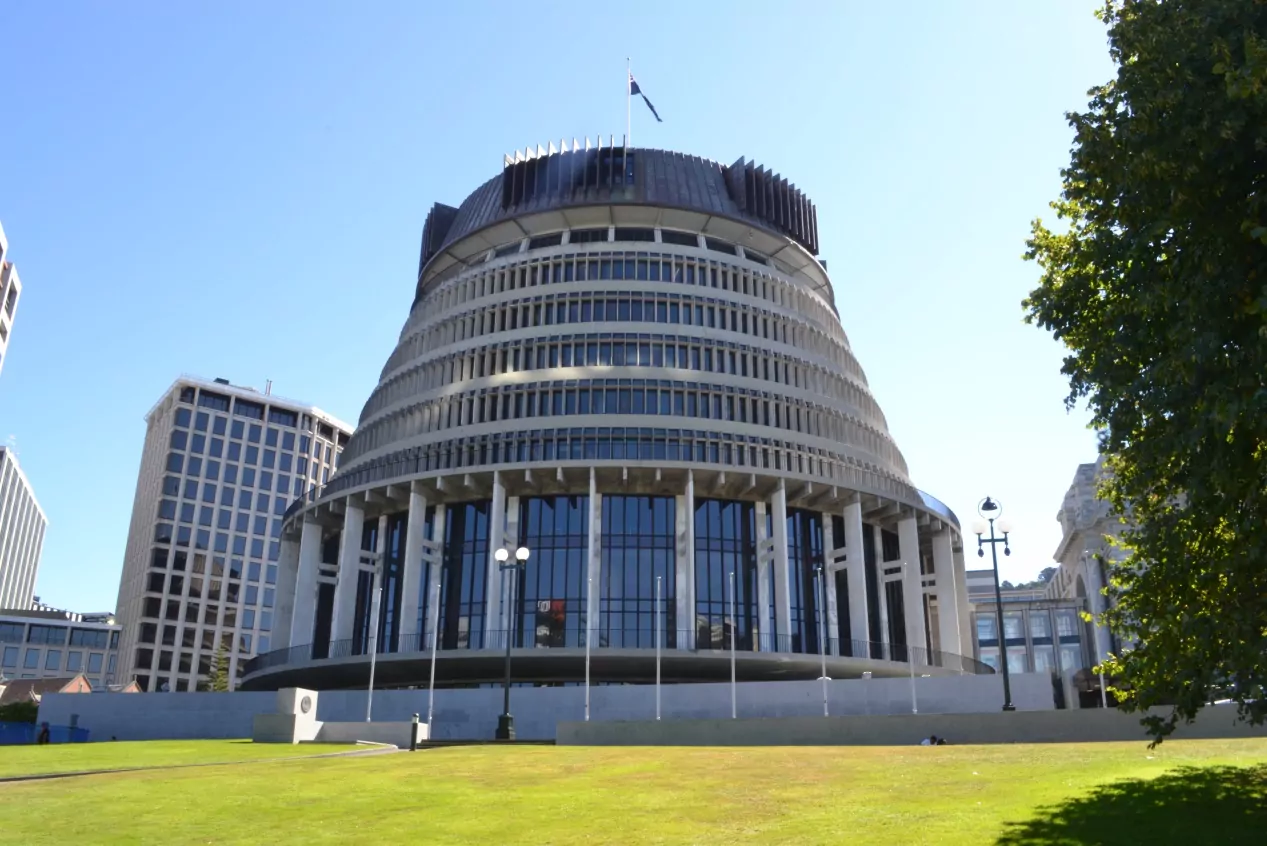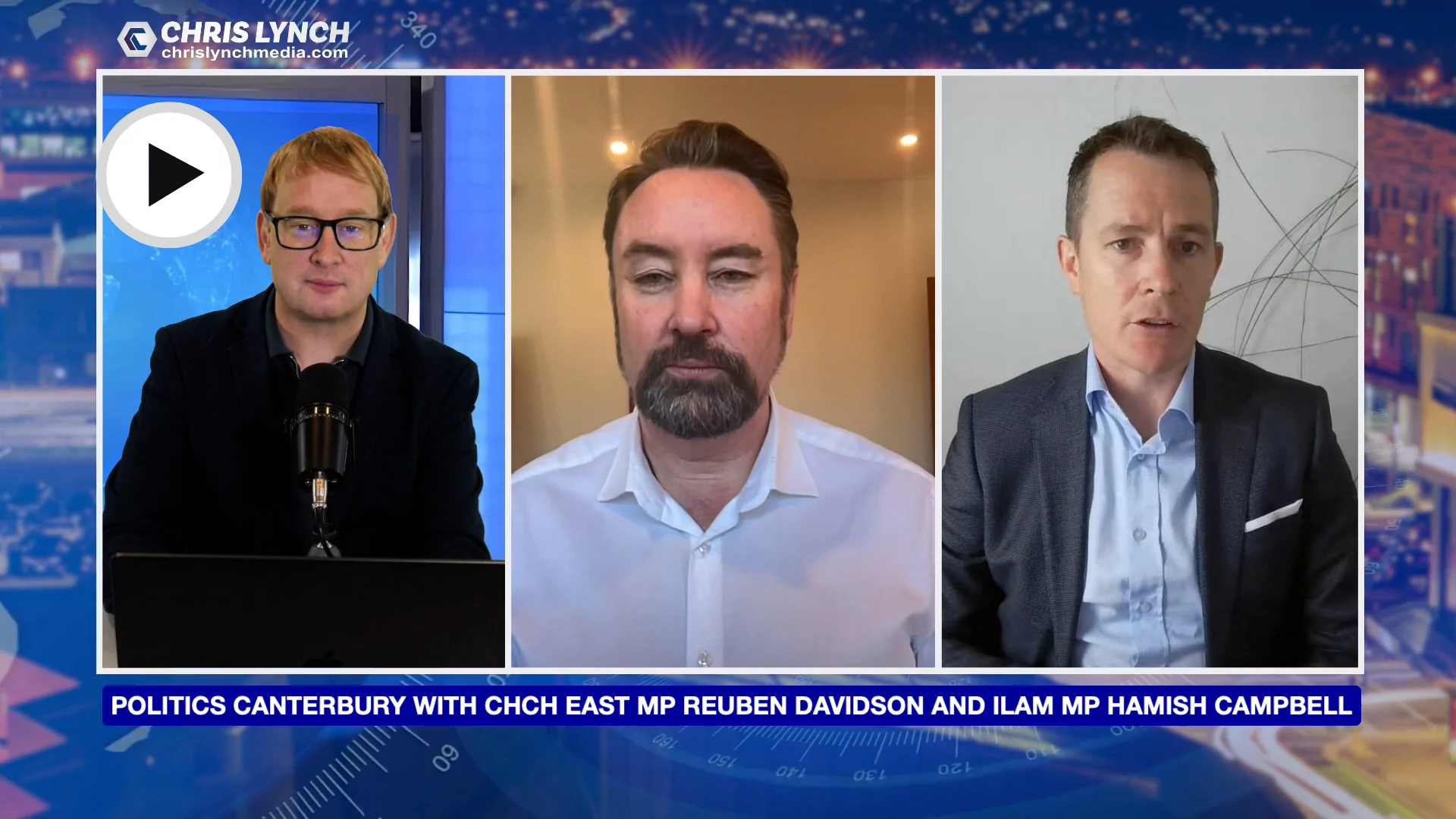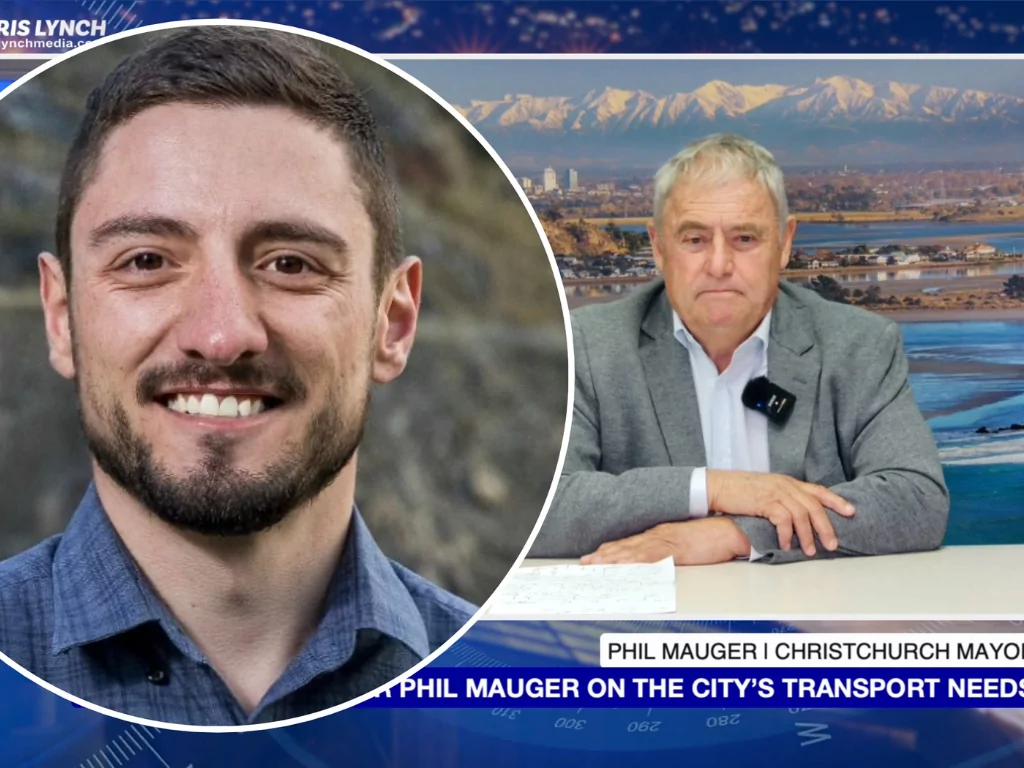Mayoral candidate Phil Mauger wants Christchurch residents to use cleaner fuels, but doesn’t believe the council’s transport plan is the answer.
Last week Mauger successfully pushed for the Christchurch City Council’s Draft Transport Plan to be publicly released before the upcoming council elections, alongside Councillor Aaron Keown.
Mauger said “the draft plan needed to be released so people could ask their candidate for council what they thought of the ideas contained in the plan, even if it is still in draft.
“I have reviewed the plan and some of the policies proposed have previously failed to reduce emissions. If your policies are failing, you need to be pragmatic and look at effective alternatives if we want to see progress on climate change and reduce greenhouse gas emissions.
The Council’s 2012 Transport Plan proposed to reduce emissions by changing people’s mode of transport.
This approach is being recycled in this plan. It sets out to get people out of cars and onto bikes and buses But in the last decade, while Council pushed these policies, we saw increasing numbers of people using cars and increasing greenhouse gas emission.”
This shows these policies failed.
“Council measured greenhouse gas emissions between 2016/7 and 2018/9 and found they had increased. This is not a surprise because we have seen increased car registration, increased fuel imports, and increased car usage for work in that time.”
Oil imports into Canterbury show an increase in oil being burned from 996,330MT in 2013 to 1,107,287MT in 2019, a 11.13% increase. On a per capita basis from 1.672MT per person in 2013 to 1.675MT per person in 2019. (source Lyttelton Port Company)
Similarly, the number of cars in Canterbury had also increased from 273,241 cars in 2013 to 482,575 in 2019.
This is a per capita increase from 0.485 cars per person to 0.706 cars per person. (source Waka Kotahi).
Census figures also revealed that when the purpose of trips is work, in 2006, 64% of people drove or were a passenger. By 2018, this had increased to 75%.
At the same time, bus patronage continues to operate far below what is needed to have an impact on climate change.
Mauger said “most people are not changing to bikes and buses at the rate needed to reduce greenhouse gas emissions because, for many, they are not good substitutes for cars in a city as spread out as Christchurch.
One of our aims should be to make the South Island the electric cars and hydrogen capital of the country.
We have access to the greenest hydrogen in the whole world made from renewable sources. That is why I was the first person in the South Island to buy a hydrogen powered car, we need to be investing in future, cleaner energy sources.”
Mauger said “if we hadn’t spent so much money over-engineering our cycleways, we could have converted much of the Council’s own fleet and had a direct impact on emission reduction. We could also have preferential parking for electric cars in town.
“For all the money we have spent so far, there has been no evidence of emission reduction. To put this in context a local paper presented figures on the Papanui cycle way that indicated the average cycle trips only grew from 176 in the 20017/8 year to 222 in 2020/1. That is only 46 extra trips.
To make matters worse, figures fell back to 196 in 2021/22. This level of growth will take us nowhere near the level needed to reduce climate change and should have forced the council to realise that people will not change to bikes at the rate required.
Mauger believes the Council needs to provide a broader vision of how transport policy can reduce climate change that reflects Christchurch’s layout needs, but this policy is excessively focused on cycles and buses while trying to penalise drivers.
Page 70 of the report states that “two policies are likely to result in significant new revenue streams”, specifically road tolls and increased parking changes.
Mauger notes that the combined effect of these policies will be to increase the cost of transport, penalise Cantabrians who need to drive to work, and reduce the attractiveness of Christchurch as a place to live and do business.
Mauger said “placing tolls on using Christchurch roads as well as charging parking fees in places where no parking costs currently exist are only going to penalise people who rely on a car to get to work.
All it means is the cars continue to be used and greenhouse gas emissions continue.”
Mauger states “it is clear Cantabrians rely on cars to get around, especially to get to work. Many people are unable to change their mode of transport because of the distance between their homes and workplaces, and our attempts to convert people to cycling or bussing have failed.
We need to look at the reality that people need cars to get around Christchurch and that is unlikely to change in the next decade, so we must find ways to reduce the footprint of those cars by embracing new fuels.
If we want to reduce greenhouse gas emissions, we must recognise the needs of people and work with them, rather than trying to price them out of an essential part of life – the freedom of movement.
The proposed road pricing policy means that people will be charged for driving on particular roads.”
Cr Aaron Keown said “these payments are described as congestion charges, but the report actually admits that “congestion is currently not a major problem in Christchurch”.
They want to implement these charges even though congestion doesn’t exist and where it is getting worse, it is because the Council has created that situation through its own policies”.
